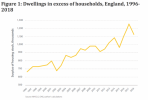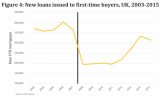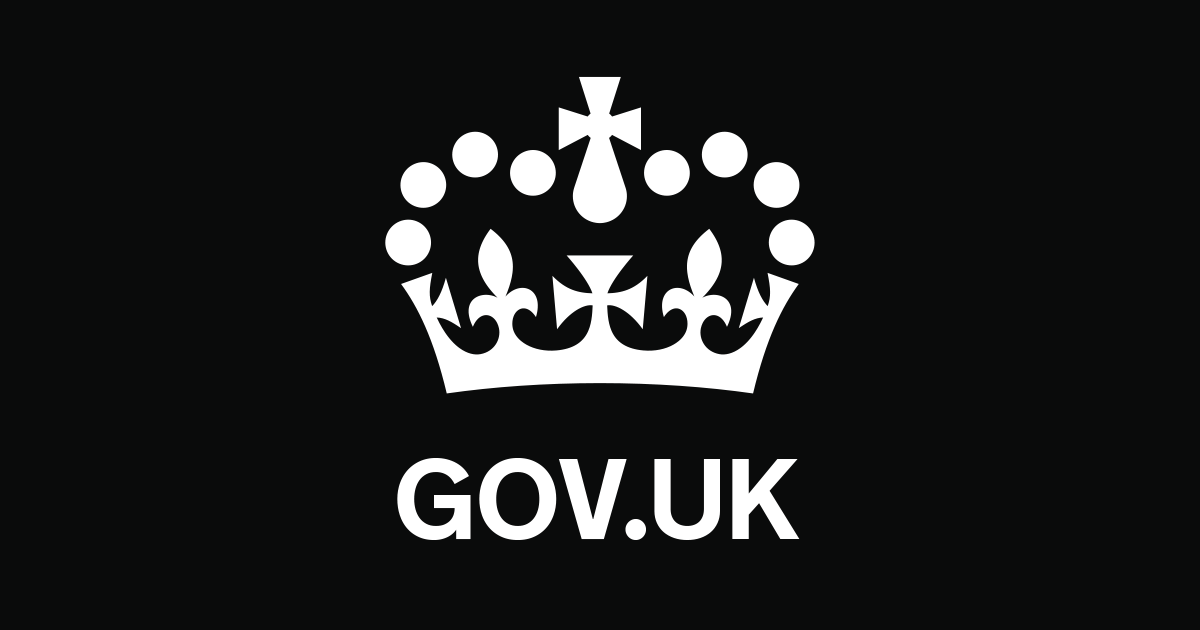I've been reflecting on this theme a lot over the past few days. What is quite interesting, is friends and colleagues who have been very pro-restrictions are now fed up - they want to get back to normal life. Very much an attitude of - vaccine out, in arms, back to some form of normality. Even I, being relatively covid confident for the past year or so, have been shocked at the 'normality' on display in the likes of London, Reading and Oxford, my local area. Hopefully this might give politicians some pause for thought before bringing restrictions back.
I think lockdowns have not been resisted on a larger scale in this country because either through political design or Police not up to the job, the enforcement was never severe enough to really nark off the large middle class we have in this country (and I freely admit to being part of the middle classes in the UK....). There is an attitude amongst a lot of middle England, particularly down here in the south, of 'rules for thee, but not for me'. The victims of enforcement and hostile policing were mostly ethnic minorities or young people/students who do not 'matter' politically in this country - until the police push their luck too far. Australian style enforcement would have pushed a lot of the middle class into 'irked' territory - you saw shades of this with the heavy handed response to the Sarah Everard protests and in my view would have changed much of the attitude. Now whether the police are even capable of that kind of enforcement in the UK is another matter - I'm sure the urban police forces can put on a 'show' in concentrated areas with public order units but enough people decided they weren't playing ball, that would be it.
I'm pleasantly surprised at the infection rates in the UK at the moment. I suspect Scotland might try something this winter, but it will be interesting to see whether Sunak stumps up any cash. My native Wales will probably follow whatever Scotland does. England? Would not surprise me if non-Tory areas are victims of some botched tier system. I think something would have to go very wrong for a full lockdown, but then we don't have a rational government. However, normal politics seems to be returning and there are major issues on the brew outside covid which may focus the minds. If I put my most cynical cap on, I would not be surprised if Russia, China, or extremists use a weakened West to cause a major nuisance that will hole covid as a news topic below the waterline, but that is probably a matter for a different forum section!!!!!



 - I agree, this is a worrying omen! On this basis, I'd recommend anyone planning to do anything does so before September 30th.
- I agree, this is a worrying omen! On this basis, I'd recommend anyone planning to do anything does so before September 30th.